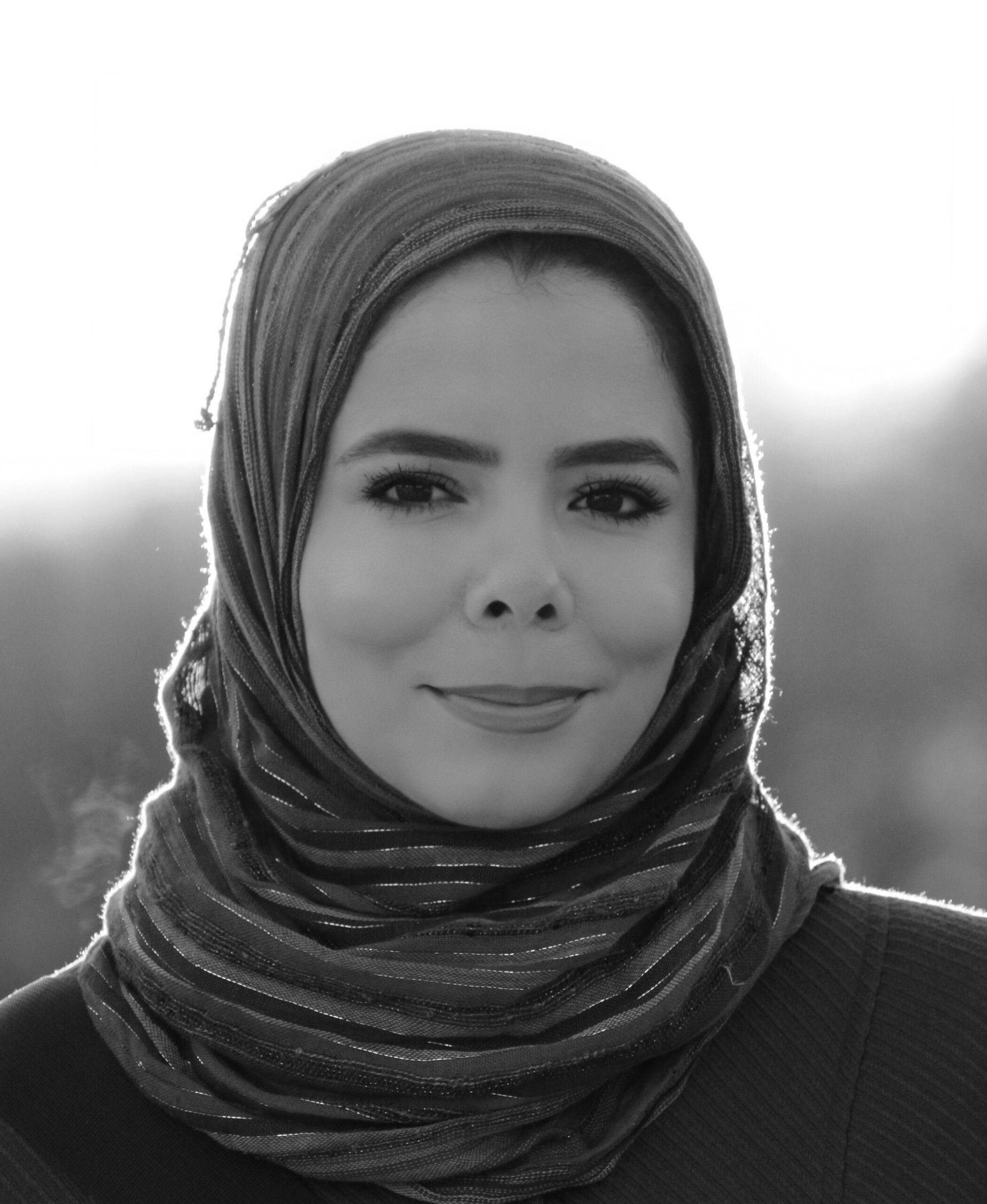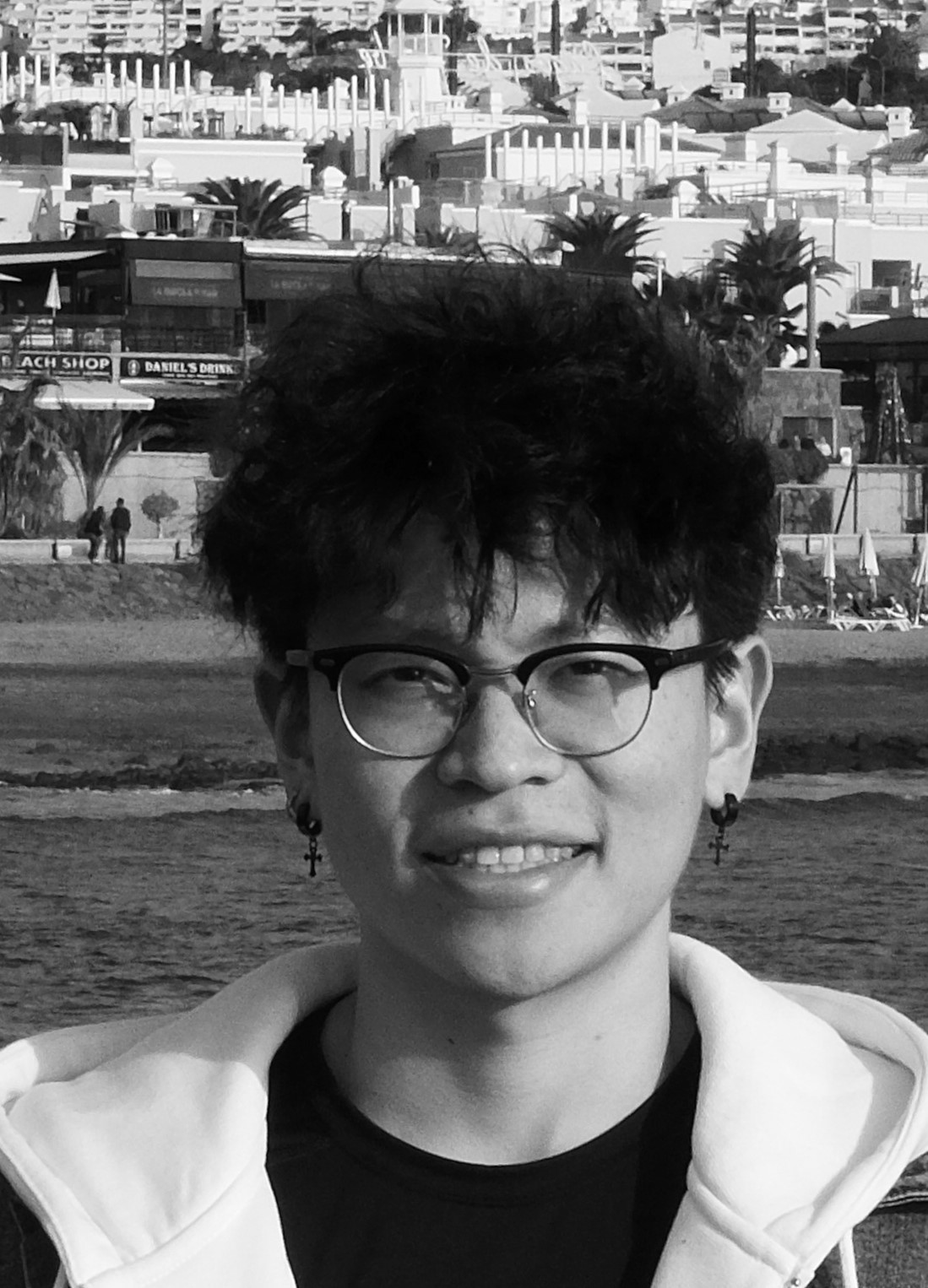
In this post, Allen Wu and Maryam Almohammad showcase how the Intercultural Language Learner Identity (ILLI) course provides a creative space for Student Voice. Maryam, the Academic Cohort Lead for the MSc in Language and Intercultural Communication, introduces the ILLI course before Allen, a Masters student from the TESOL programme, reflects on being a student on the course. This post belongs to the Student Voice in Practice series.
The Intercultural Language Learner Identity (ILLI) course, part of the MSc in Language and Intercultural Communication, prepares students for sustainable engagement in issues of dialogue, social justice, racism and equality in both society and education. To bridge the gap between theory and practice, knowledge of values and their application, connections between teachers and learners, and learners as researchers, the course employs research-led teaching through creative art-based methods and qualitative, individual projects. The students have to write an essay for their assessment and produce a film.
The film-making assessment project is designed not merely as an evaluation but as a process in which students deconstruct concepts in practice and thus bridge the gap between theory and practice and teaching and experience. Students work in groups of five to create a short educational film (5-7 minutes) focused on a social problem, such as racism, bullying (online and offline), language, identity, gender, or othering, body shame, tailored for a specific audience in formal or informal spaces. The ethos of the projects is defined by four main principles:
1) Fostering cooperative and collaborative environments using creative art-based methods to open dialogues and value everyone’s expertise;
2) Informing practice through experiential learning;
3) Embracing a decolonising ethos and deconstructing othering (Andrews and Almohammad, 2021, p.5);
4) Developing critical intercultural literacy using material and symbolic systems beyond language.
The filmmaking process is a creative space for students’ voices in which they (de)construct different perspectives and realities, ensuring their insights and social experiences are central to the learning journey. Each year, students write reflections on what they learn through the production process, emphasising that the journey is as important as the final product.
Allen now shares his reflection of being a student on the ILLI course…
If I am to highlight two major themes that make the ILLI course outstanding, they would be the the fostering of criticality and creativity. Creativity and criticality are not mere topics in the lectures, but are embodied and realised through in workshop activities and filmmaking projects.This creative endeavor vividly demonstrates the potential for understanding interculturality as the deconstruction of othering through creative collaboration with the course lecturer and participants, underscoring the truly transformative nature of this course and its perspectives on social justice.
Fitting into the workshops
Honestly, I was off to a rocky start participating in the workshop activities for the first two weeks. As I am not a student in the Language and Intercultural Communication (LIC) program, I was worried about falling behind and I took this coure as an elective with limited prior knowledge of intercultural communication. Lucky for me, Maryam (the lecturer and workshop tutor) prepared tailored materials for both TESOL students and LIC students, ensuring everyone’s academic needs were met without compromise. While some educators might view the diversity of students as a challenge, but Maryam sees it as an opportunity to spark interdisciplinary collaboration, criticality and creativity in us. My learning group was composed of three TESOL students and two LIC students. Occasionally, we were assigned different readings, leading to workshop discussions where our ideas converged or sometimes collided to generate something new and unexpected dialogue not possible within a single MSc program.
A translation of theory into practice
The impact of the course is evident not only in its accomplishment of pedagogical equity among students, but also in the design of workshop activities. I have never felt an “academic fatigue” during the workshops because each workshop featured various creative activities tailored to specific theories and practice themes ranging from researching intercultural communication, into methods of analysing intercultural discourse, into creative and performative pedagogies, multiculturalism and minority education, orientalism and social media research. For example, Critical Discourse Analysis, focus group interviews and art-based methods are no longer abstract constructs distant in the readings but actual practices in workshop activities. Our workshops provided a creative space for the embodiment and performances of these specific research practices, offering invaluable preparation for master’s students as they undertake their MSc dissertation project. The course was a pre-taste of doing research analysis.
“Take one”: Film-making lines of flight
The highlight of the course assemblage for me has to be the filmmaking project, which is the manifestation of our progress in collaboration, criticality and creativity. Maryam gave us considerable freedom to pick any topic related to interculturality, such as othering, racism, social justice, diversity, identity, bullying, stigma and related social issues. Our learning group finally decided to focus on targeting language standardisation because we wanted to work on something stemming from our shared experiences of “language bullying” for not speaking standard Mandarin. To present a critical educational message creatively, we decided on an integrated storytelling method that fused both theatrical performance and documentary interview to narrate and frame our lived experiences.
What makes us most proud is that the film emphasised the symbolic power of language explicitly to the audience. We problematise the prevailing conception of language as an innocent communication tool for sharing information and bring to the fore how language perpetuates hierarchies in different varieties under the influence of sociocultural and economic factors. We also show how language can be (un)intentionally used by people to exert symbolic violence towards others. Below, you can watch the film:
Though the symbolic power of language is the focus of our project, we didn’t forget that we also learned about employing semiotic resources other than language in making meaning. That is where creative shooting and editing come in! We had a blast experimenting with different shooting angles and camera movements to demonstrate power relations between subjects. When editing a scene in which the protagonist was ridiculed for his accent, we applied a filter to shade the vibrant colors into a fuzzy grey to showcase his frustration and self-doubt following the incident. We are very pleased with the final presentation because the emotional intensities hit more forcefully than they would have if we had gone with using words.
I feel like a few hundred words don’t do justice to the actual growth I experienced in the course. New materialism philosophy, another thing I learned from the lectures, has given me an “existential crisis” that pushes me to reconfigure the role of materialities in the production of human voices and meaning in life and qualitative research. I guess I am just grateful that it is the ILLI course that marked my final creative and collaborative learning experience at the University of Edinburgh.
This is my line of flight and I wouldn’t have it any other way.
 Maryam Almohammad
Maryam Almohammad
Dr Maryam Almohammad is the Academic Cohort Lead for the MSc in Language and Intercultural Communication. Her interdisciplinary expertise spans research methodology, critical intercultural education, sociology, social justice, politics, dialouge, ethics, and the philosophy of language, identity and culture.
 Allen Wu
Allen Wu
Allen is a Masters student from the TESOL programme, who is interested in New Materialism, Post Humanism and Interculturality research, and is excited to find out the potential of post-qualitative research in the field of language education and applied linguistics.


